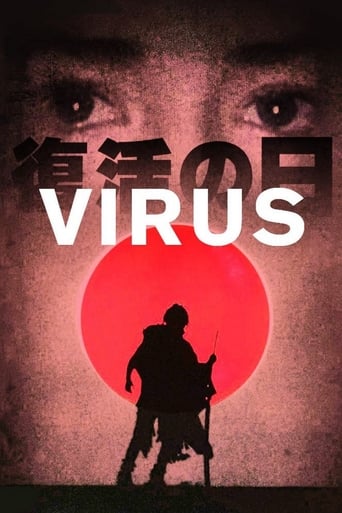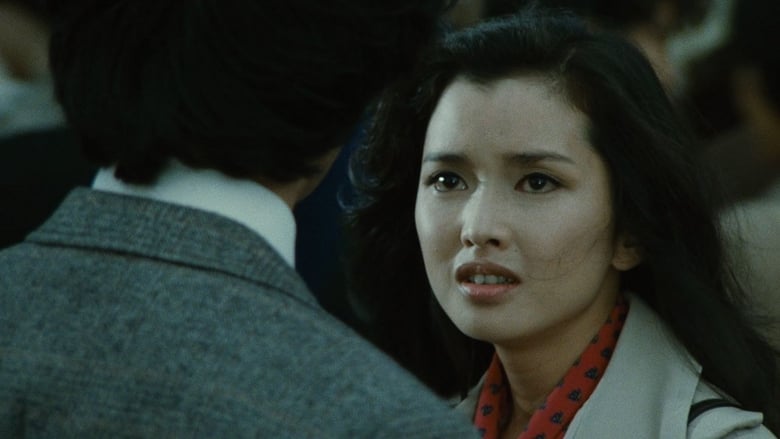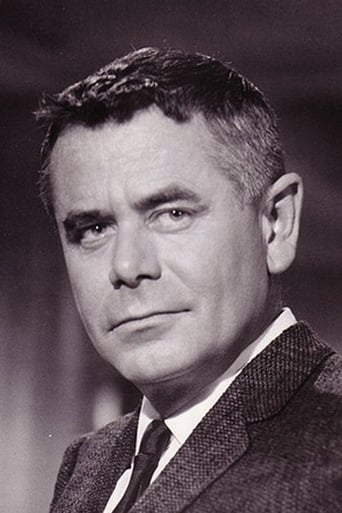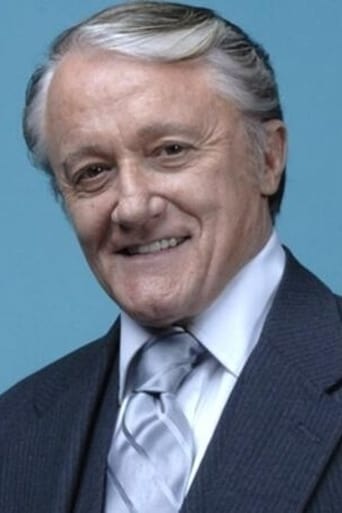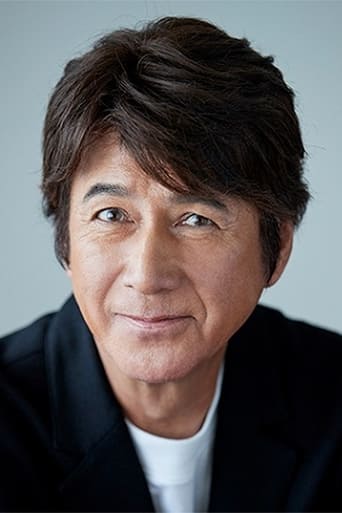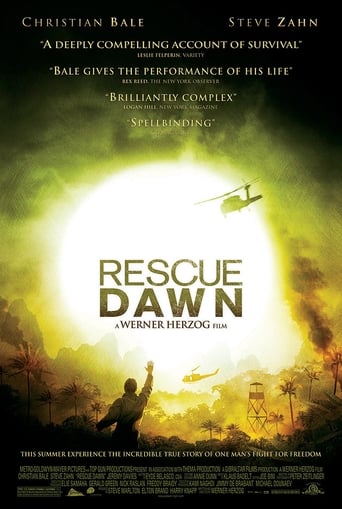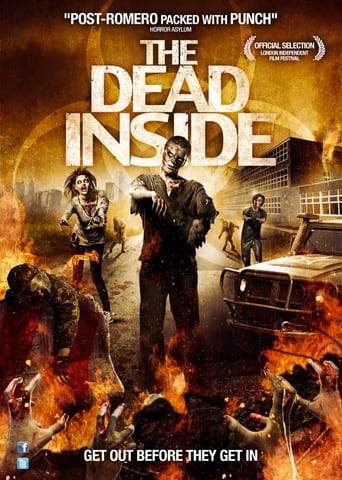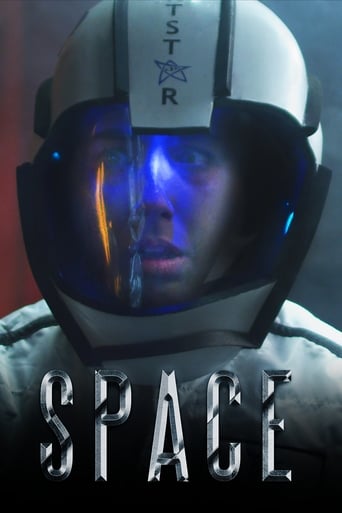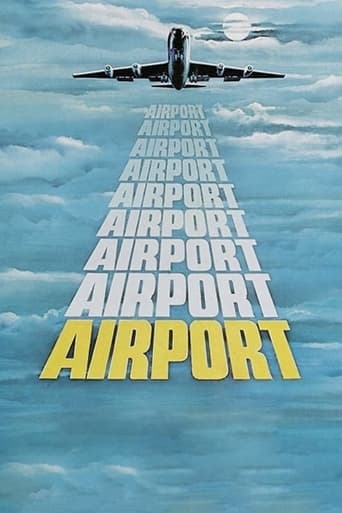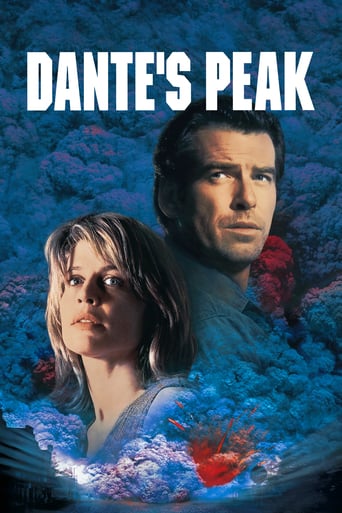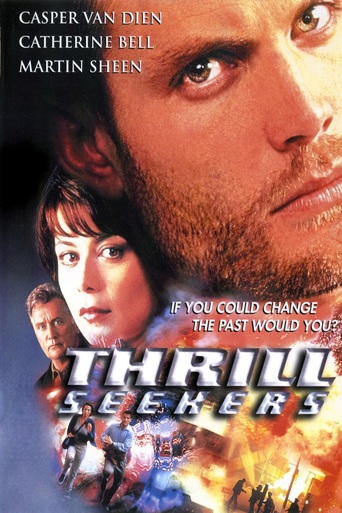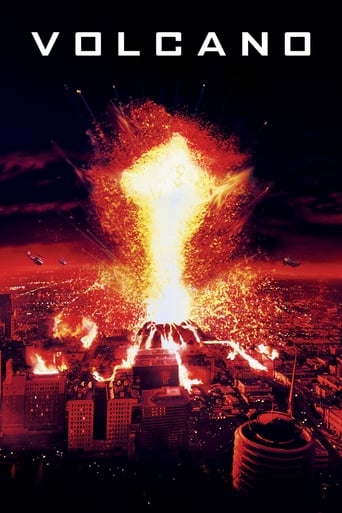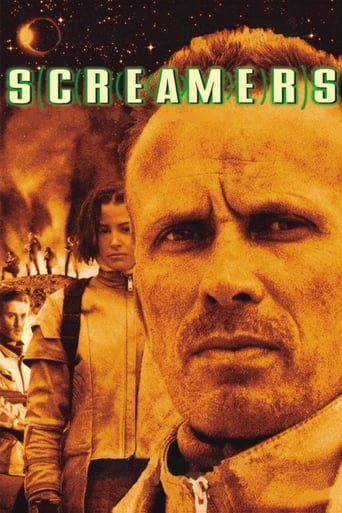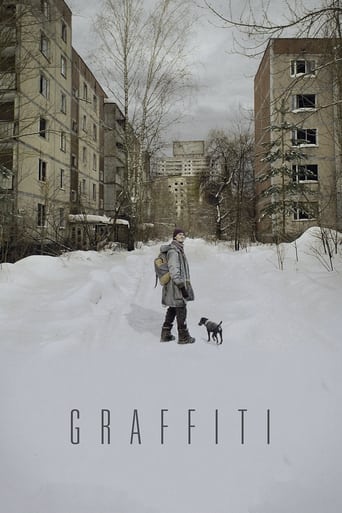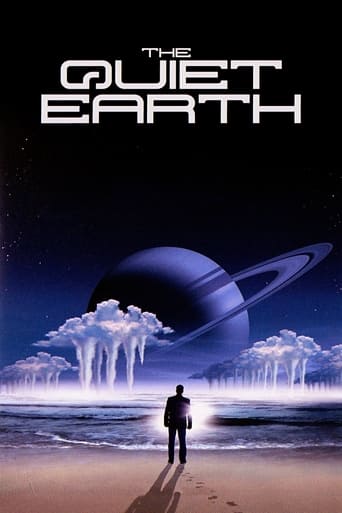Virus (1980)
Scientists in Antarctica desperately try to find a cure to a military virus that was released in a plane crash and has wiped out the rest of the world.
Watch Trailer
Cast


Similar titles
Reviews
Waste of Money.
I was totally surprised at how great this film.You could feel your paranoia rise as the film went on and as you gradually learned the details of the real situation.
The movie is wonderful and true, an act of love in all its contradictions and complexity
True to its essence, the characters remain on the same line and manage to entertain the viewer, each highlighting their own distinctive qualities or touches.
This film centers on a virus that is made by the American military and then stolen by the East Germans. On the flight from East Germany to Zurich the plane crashes which releases the virus into the atmosphere resulting in a devastating world-wild contagion. Although incredibly deadly the virus has one major flaw in that it goes dormant in freezing conditions. As a result, the people living in Antarctica are saved from its contamination provided they don't allow any infected people from the outside world in. So over 850 men and 8 women are essentially cut off from everybody else. At any rate, this is a decent post-apocalyptic film with an all-star cast. Unfortunately, except for a very few actors, none of them had the allocated screen time to really establish themselves and develop their characters. This gave the film a "paint-by-numbers" feel which I thought damaged the overall effect. Additionally, from what I understand there is a long version of this movie available which is supposedly much better than the shorter version I happened to view. If that is the case then that probably explains some of the scenes which looked like they had been cut which contributed to the choppy effect I described earlier. In any case, while the 108 minute version is okay it might be better to obtain the longer version if possible--if for no other reason than the fact that the story might flow a bit more smoothly and the actors can showcase their talents a bit more.
"Virus" is a prestigious and massive international co-production that is guaranteed to leave some sort of positive impression on you, whether because of its unique gimmick of destroying planet Earth twice in one movie, the grim and overall very nihilistic tone of the film or simply because it gathers an unlikely all-star cast of versatile nationalities. The version I own and watched is the infamous and generally disliked American 'short' cut of 105 minutes. Everyone else claims the full & original version of 155 minutes is the only real deal, but personally I won't make any further efforts to track that one down because the shorter version already astonished me enough and I'm not big supporter of long (horror/Sci-Fi) movies anyway. The premise is deliciously paranoiac and easily one of the greatest 'the-end-of-existence-is-upon-us' stories I've ever beheld. What makes the film even greater, however, is that the slow extinction of our entire human race is atmospherically depicted from everywhere around the world. The first half of "Virus" largely exists of disturbing and genuinely harrowing images of people from all over the globe helplessly awaiting their inescapable fates. The film passes through all the major cities (London, Paris, Milan, Tokyo ) and realistically illustrates how the number of inhabitants alarmingly decreases until there are absolutely no survivors left. An airplane carrying on board the top secret and military-developed germ warfare virus MM-88 crashes and the immeasurably lethal weapon slowly spreads itself. The entire world population dies from as a result of the Italian Flu (don't know why they blame the Italians, though) and not a single government in the world is capable of saving their citizens. A few months later only the militaries and researchers stationed in Antarctica are left, because the cold temperature seemingly protects them from the virus. Inevitably the survivors face new ordeals, as there are only eight women left and approximately 850 men. But all daily issues of copulation and interracial stress suddenly become insignificant when the Antarctica base camp becomes the target of previously programmed nuclear missiles that are close to getting launched. Director Kinji Fukasako ("Battle Royale") masterfully maintains an atmosphere of both tension and absorbing melodrama. The ending leaves you speechless; the international cast perfectly and almost naturally supports each other and most of the post-apocalyptic images are breathtaking. Some really awesome names were involved in this production, often just to nonchalantly through the screen and disappear again, like Sonny Chiba, Bo Svenson, Edward James Olmos, Glenn Ford, Robert Vaughn, Henry Silva and the indescribably beautiful as always Olivia Hussey. "Virus" is a truly affecting film and quite an unforgettable demonstration of earthly unity, what with the Cold War going on at the time and all. Highly recommended, I don't care in which version.
After Dr. Strangelove and Fail Safe I'm ready for anything. I personally believe the thought of germ warfare to be the most insidious of human possibilities. The people left in charge of these kinds of possibilities are entrusted with things they can't even fathom. You get the military mentality that any weapon is fine as long as it's used on someone else. This movie has a double whammy. Just when you at least have a chance to repopulate the planet, we are privy to the fact that both the U.S. and the Soviet Union have doomsday devices. "Mein Fuhrer, I can walk!" These things are designed to go off in retaliation for the first strike of each of the nuclear powers. This Italian flu that has destroyed all but the Antarctic survivors (too cold for the virus) is being allowed to die off when the word comes. At least there is a sane effort to do something about this. The version I had was in pretty good shape and runs around 110 minutes (which I think is still a little short of complete). It had quite a bit of impact, even though one can sense editing glitches. It has quite an all star cast and looks pretty good. I had never heard of it until it came with a group of horror films. This would be the biggest horror of all.
Unquestionably the end-of-the-world as beget by a lethal, unstoppably infectious man-made disease cataclysmic sci-fi thriller to end 'em all, an unmitigated take-no-prisoners-and-don't-pull-any-punches corker which at the time was the single most costly (a hefty $17 million), audacious and prodigiously ambitious shoot-the-fireworks-straight-to-the-moon-and-back film production made in Japanese motion picture history, a grand scale endeavor which took two whole years and the participation of five entire continents to get made. Naturally, and somewhat ironically considering the all-star international name cast, this hell-broke-for-humanity merciless skull-popper received short shift in the United States, forgoing a theatrical run for the undeserved direct to cable and video route. To make matters worse, this two and a half hour epic was badly butchered by American distributors, who cut roughly 45 minutes out of the film.A plane crash in the Alps gets the grimly serious plot ball rolling with an electrifying bang, unleashing the East German conceived MM-88 virus, a highly dangerous, contagious and impossible to curtail mutant DNA strain designed for chemical warfare purposes which both mimics the symptoms and exacerbates the severity of other more common and controllable sicknesses. Pretty soon all of 863 people are left of the world's once teeming, now quickly dwindling population, specifically 855 males and just eight females. It's up to this barely hanging on by a thin, flimsy, easily breakable thread bunch, who are valiantly eking out a tough, exacting, human spirit-testing existence in the freezing Artic because the virus can't take effect in 10 below chilling cold weather, to put things back together by starting afresh from the ground up. Alas, there's still a dire threat to be found from a fully operative doomsday device activated by a hawkish US general (ripely overplayed to the fire-breathing hilt by Henry Silva), which will be set off by an impending earthquake and destroy the few remnants of human life on this planet in an infernal blaze of nuclear holocaust glory unless it's shut off in time.Director Kinji Fukasaku, who also graced us with "The Green Slime," "Message from Space," and both "Battle Royale" films, builds on the heart-crushingly grave, uncompromisingly dark and downbeat tone with terrifyingly effective results, skillfully creating and sustaining a fiercely dour, distressing and disturbing all-hope-is-lost sensibility that's equally fatalistic and nihilistic in its depressing implications on mankind's self-destructive warmonger nature and desperate desire to keep on going in the absolute worst of situations. Sundry secondary characters are randomly dispatched like so many dominoes that have been lined up just so they can be knocked down (the little boy who commits suicide over a CB radio when he can't find anyone to talk to is an especially devastating sequence), hospitals overflow with dying patients, martial law gets declared all over the world, decomposing corpses litter the streets, and the few triumphs made by the struggling against savagely punishing odds ragtag group of folks who are still alive and kicking are very bittersweet hard-won victories indeed. The performances are uniformly superlative: Glenn Ford as the stalwart, pragmatic president, Robert Vaughn as a regretful senator, Chuck Connors as a steely, intrepid British naval submarine captain, Olivia Hussey as a resilient pregnant woman, Sonny Chiba as a South Pole base commander, Bo Svenson and Masao Kusakari as a dynamic pair of mighty fighting men who go into action to prevent a second catastrophe, Cecil Linder as a diligent doctor, Edward James Olmos as a hot-tempered Latino country leader, and George Kennedy as the fatherly admiral in charge of the Artic base all essay their roles with laudable conviction. Teo Macero's gorgeously elegiac orchestral score, Daisaku Kimura's agile, crystalline cinematography (the sweeping panoramic shots of the wintry, desolate, godforsaken Artic terrain are breathtaking), and a hauntingly bummed-out ending further enhance this hard-hitting knockout.

